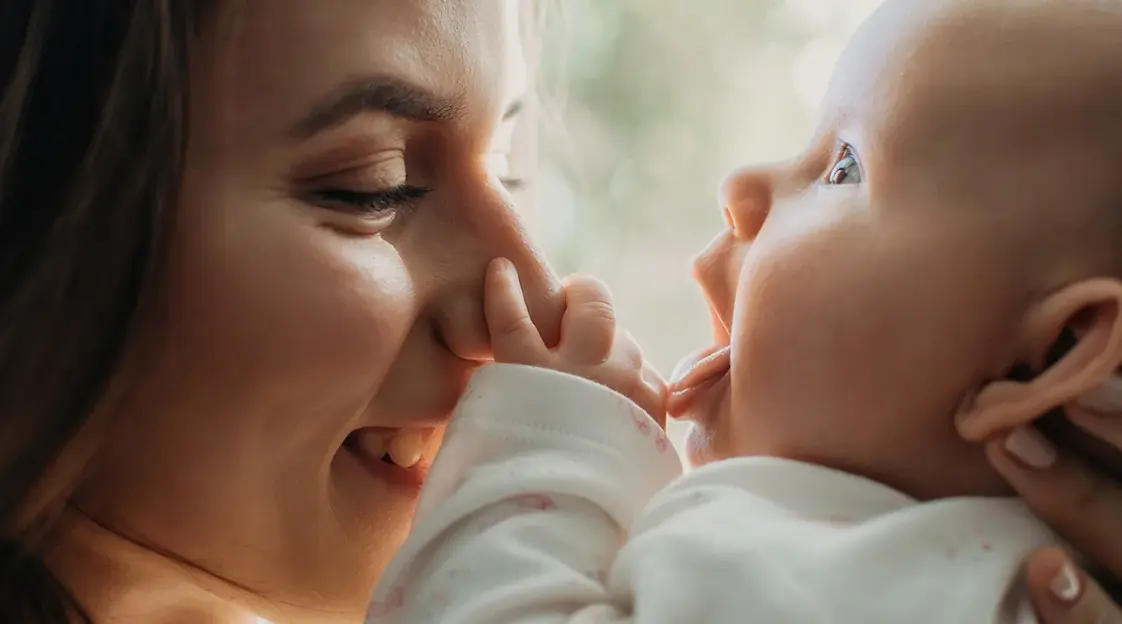Women Are Speaking Up
Previous generations often suffered in silence, accepting postpartum struggles as "just part of being a mother."
The cultural expectation was to endure difficulties without complaint, leading to unaddressed mental health issues
and unmet support needs.
Today's women are courageously breaking this generational silence. They're speaking openly about postpartum depression,
anxiety, identity struggles, and the challenges of modern motherhood. This represents positive change —
acknowledging that struggling doesn't make you a bad mother, it makes you human.
A Generation with Identities Before Motherhood
Unlike previous generations who often became mothers in their early twenties, today's women typically establish
strong professional identities, personal goals, and independent lifestyles before having children.
Many have spent years building careers, traveling, and defining themselves outside of motherhood.
This creates a unique challenge: the profound identity transformation from established career woman to mother
can feel like losing yourself. The shift from being recognized for professional achievements to the invisible,
24/7 work of caring for a baby can trigger an identity crisis that previous generations didn't experience in the same way.
Information Overload, but Wisdom Deficit
Modern mothers have unprecedented access to information — countless websites, apps, books, and social media accounts
offering parenting advice. Yet this abundance often creates more confusion than clarity, with conflicting recommendations
and overwhelming choices at every turn.
What's missing is practical wisdom — the kind that comes from experienced guidance tailored to your specific situation.
Information tells you what to do; wisdom helps you understand what works for you and your baby.
The challenge isn't finding information; it's finding the right support to navigate through it all.
Loss of the Village
For centuries, women gave birth surrounded by their mothers, aunts, sisters, and experienced neighbors.
This "village" provided practical wisdom, emotional support, and hands-on help during the vulnerable postpartum period.
Today's mothers often find themselves isolated, far from family, without the traditional community support systems.
Nuclear families and urban living have replaced the extended networks that once carried women through early motherhood
with shared knowledge, childcare support, and emotional understanding.

